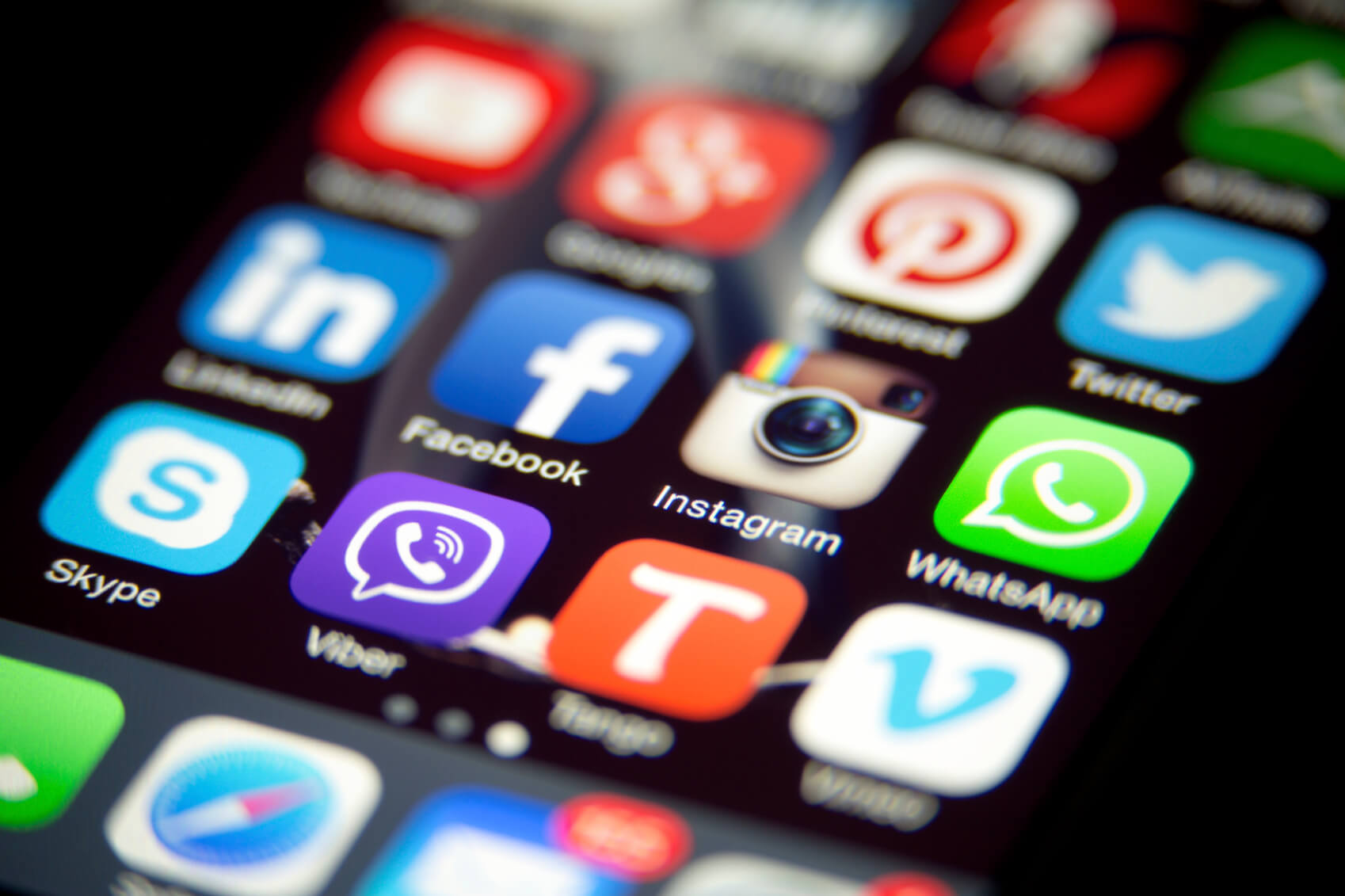The present administration in Nigeria is showing a positive dispostion towards technological advancement and general innovations with its policies and moves. But every once in a while, they send this funny backward ripples that completely negate their message.
In a self-contradictory style, The Nigerian Communications Commision (NCC) has made a move to check Over-the-top(OTT) messaging applications- WhatsApp, Viber, BBM, Facebook, WeChat, etc
Over-the-top (OTT) messaging applications are third party servers that provide services like instant messaging, and most recently video, audio and even calls over the internet. And most times, they replace those services as traditionally offered by a mobile network operator.

